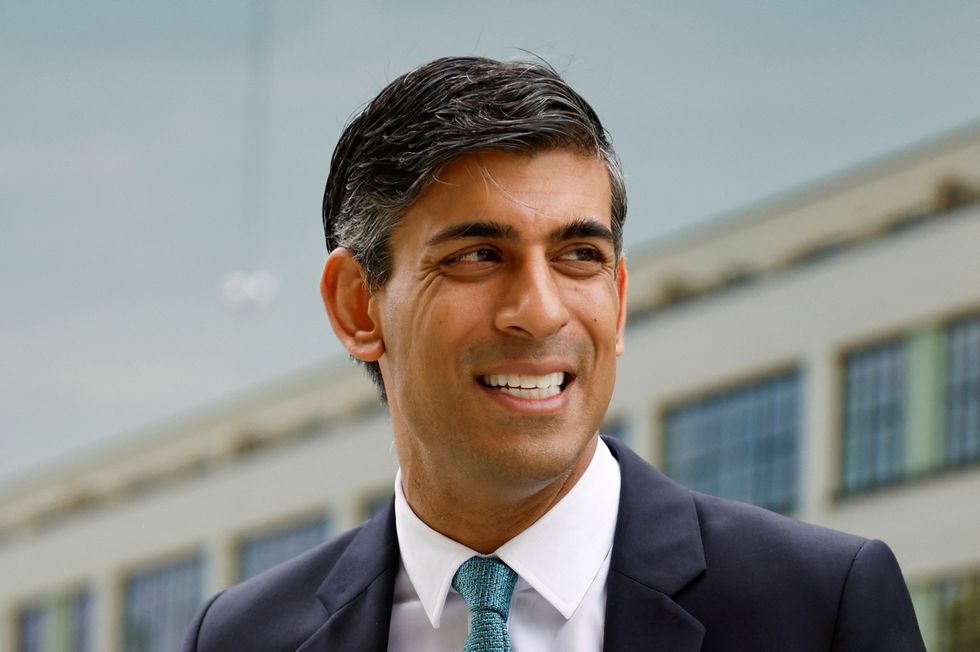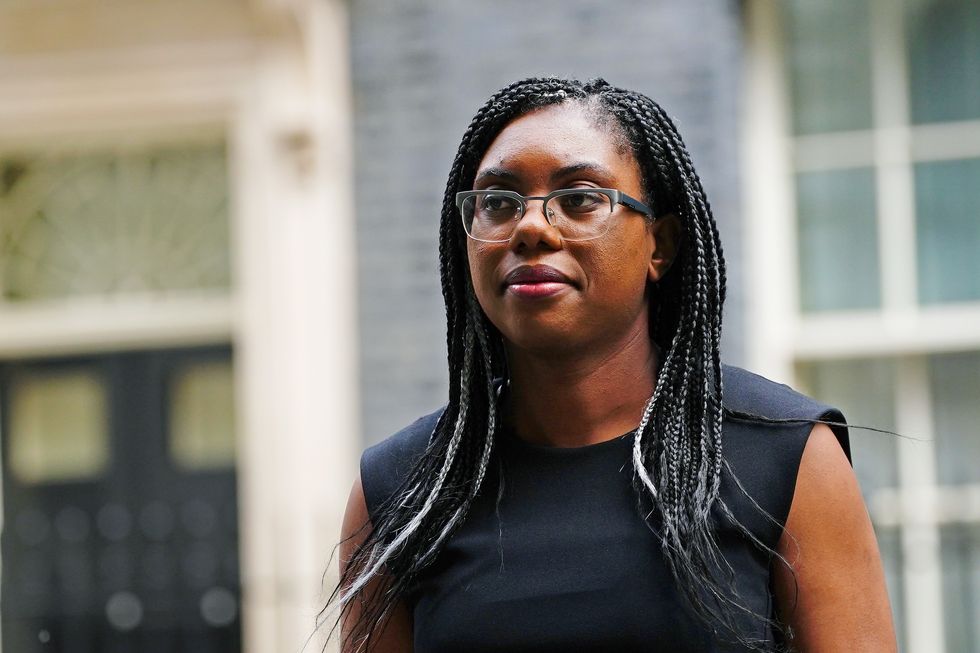Britain's multibillion-pound trade deal at risk of collapsing over drugs row

The sticking point is delaying an agreement ahead of Rishi Sunak's trip to India in September.
PA

The sticking point is delaying an agreement ahead of Rishi Sunak's trip to India in September.
The sticking point is delaying an agreement ahead of Rishi Sunak's trip to India in September
Britain's multibillion-pound free trade deal with India is at risk of collapsing as negotiations have hit a fresh stumbling block.
The UK is demanding new curbs on the production of cheap generic drugs.
However, India has rejected the demand that patents on drugs should be extended before cheaper copies can be produced.
The request to include this in the free trade deal is to shield pharmaceutical giants’ businesses from generic competitors.

Sunak is expected to hold talks with India's Prime Minister Narendra Modi during his visit.
PA
The new sticking point is delaying the free trade agreement ahead of Rishi Sunak's trip to India in September.
Sunak is expected to hold talks with India's Prime Minister Narendra Modi during his visit.
Trade Secretary Kemi Badenoch is also in India this week as negotiations on the free trade agreement continue.
An imminent announcement on the deal is not expected as talks continue over India's demand for more visas for nurses and care workers as well as the drug patent row.
A source claimed that the Indian government was strongly opposed to the UK’s demand for patent term extensions on drugs, according to The Telegraph.
The official at India’s commerce ministry said that it was unlikely the UK would be able to get it included in the final agreement.
They added that the Indian government was “committed to protecting access to affordable medicines".
The official said: "We are still in negotiations over the trade deal, and it is possible that the UK may withdraw its demand for patent term extension."

It comes as the UK's Trade Secretary has been urged to withdraw the proposals.
PA
It comes as the UK's Trade Secretary has been urged to withdraw the proposals.
A letter from more than 120 human rights groups and experts said: "This case opened the door for other companies to produce affordable generic versions of Bedaquiline, with some health experts estimating the cost of treatment could be cut by up to 80pc."
They added: "Depriving people of affordable medicines would increase health inequality, as only the wealthiest in our countries may be able to afford these medicines. Moreover, it would add further financial burden on our already stretched health systems."